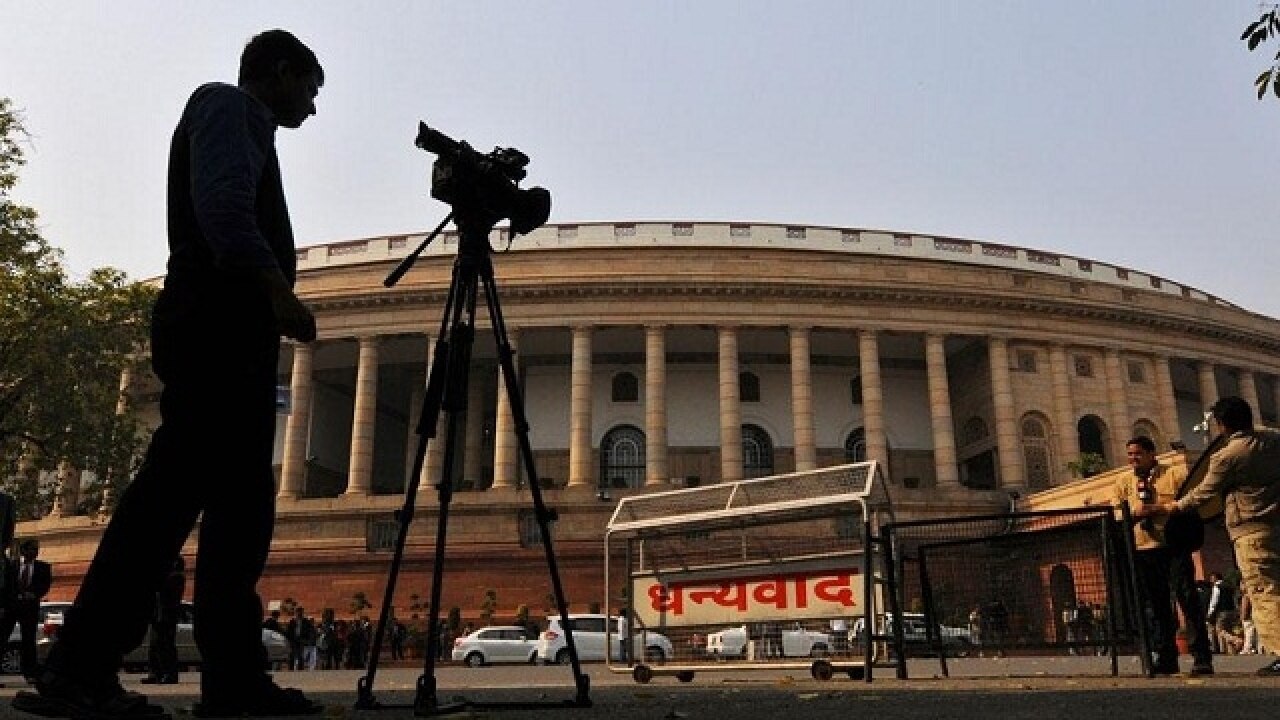
The government’s hesitation to clear the 100 per cent hike in salaries for Members of Parliament — mooted by a parliamentary standing committee last year — has led to the pitiable sight of MPs lobbying hard to remove the hurdles in the way. A delegation of MPs met Prime Minister Narendra Modi to press their demand. But the PM was of the opinion that they should cut down on expenditure. Leaders of opposition parties too, like the Congress, are wary of raising the issue. It is no secret that the fear of public disapproval and derision over MPs unilaterally recommending salary hikes and overcoming political divisions for the common goal of self-aggrandisement has deprived the MPs of sympathy. Speaking in Parliament, the MPs cut a sorry figure explaining how their present emoluments were not sufficient to meet the expenses. They failed to make convincing arguments and restricted themselves to airing sundry grievances on the costs incurred in serving tea and snacks to constituents who visit their offices and how the poorer ones even demand money to meet personal needs.
An analysis of the emoluments of MPs reveals how woefully inadequate these are. An MP gets Rs 45,000 as basic salary, Rs 45,000 as constituency allowance, Rs 30,000 to pay staff salaries, Rs 15,000 for stationary items and postage costs, and Rs 2,000 per day for attending Parliament. It is unclear, in this day and age, how MPs can run full-fledged offices in their constituencies and in Delhi with such paltry allowances. Without exception, the offices of MPs everywhere are thronged by people with grievances related to jobs, loans, pensions, construction of roads and several other demands. The costs incurred include salaries to secretarial staff, rent on office space, and the cost of food and refreshments.
It is a miracle if MPs manage these ends without overshooting the emoluments. But what if they are not being able to manage office expenses? To insulate MPs from corruption and the contractor mafia, it is important to ensure adequate emoluments. This is where the MPLADS funds for constituency development have created a new avenue for parliamentarians, if they so choose, to divert funds for their bona-fide political work through over-invoicing of public works. When Delhi mooted a four-fold hike in MLAs salary, the state government viewed it as a disincentive against corruption. But an MP’s primary duty is not to sanction and execute public works, as has happened post-MPLADS, but to be the eyes and ears of the people in Parliament by asking questions, intervening in debates, and studying Bills that the government wishes to pass.
Unfortunately, lawmakers’ salaries do not include any component that furthers this primary objective of their work profile, which in turn is crucial to strengthening democracy. A few MPs, who are industrialists or hail from wealthy backgrounds, have the wherewithal to hire full-time researchers. A few NGOs offer trained researchers to MPs, but why reduce MPs to a position where they depend on private entities? Perhaps, MPs should consider the possibility of allowing an independent commission to assess their salaries. This would spare them the impropriety of sitting in judgment upon their own finances and the indignity of approaching the executive with a begging bowl. Other democracies like the US and UK have generous emoluments, which allows elected officials to recruit highly qualified staff members. Those cribbing over India spending Rs 176 crore every year on the 543 Lok Sabha MPs must remember that this is a small price to pay for a country with 1.25 billion people and a US $2 trillion economy. Politicians may have only themselves to blame for their low credibility quotient but those indulging in unabashed politician bashing must remember that a parliamentary democracy is an idea worth fighting for and spending more on.